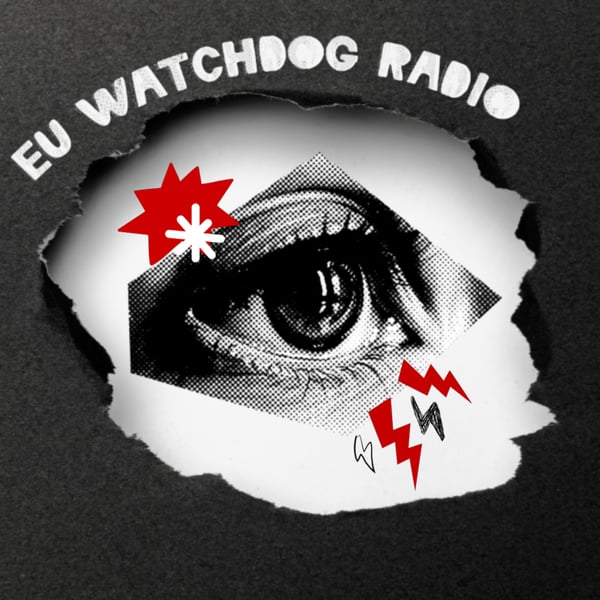New GMOs deregulated: The wet dream of the biotech industry coming true
EU Watchdog Radio
Corporate Europe Observatory and Counter Balance
5 • 1 Ratings
🗓️ 15 May 2025
⏱️ 27 minutes
🧾️ Download transcript
Summary
Listen to our new podcast episode, where Nina Holland talks about the intense lobby battle that the biotech industry has been waging to get its new generation of genetic modification techniques excluded from European GMO regulations.
GMO stands for genetically modified organisms. This will mean that crops or wild plants made by using this new generation of genetic modification techniques, will no longer be subject to safety checks, monitoring or consumer labelling.
The underlying key word for today’s episode is deregulation, and that is a complicated word because it can sound interesting, like it can sound that it will allow people or things to, I don't know, to go about their lives more easily, not so burdened by bureaucracy. However, what deregulation here actually refers to is the scrapping of rules to protect health and the environment. It is an argument used by the industry whenever they don’t want to be supervised and their products to be, well, regulated and maybe even labelled to tell consumers how they were produced, as is the case with GMOs.
Transcript
Click on a timestamp to play from that location
| 0:00.0 | It's been a wet dream of the biotech industry since a long time. |
| 0:06.0 | They've always wanted to get rid of the GML rules. |
| 0:09.0 | You're man on the moon. |
| 0:12.0 | You're listening to EU Watchdog Radio. |
| 0:26.1 | Hi, I'm Joanna, Com's officer at Corporate Europe Observatory. |
| 0:30.3 | Welcome to EU Watchdog Radio, podcast we share with Counterbalance, an NGO that is not only |
| 0:36.6 | our friend and ally, but also our neighbor |
| 0:39.0 | in the building Mundo Matunga in Brussels. In this episode, I will talk to my colleague Nina |
| 0:43.9 | Holland about the intense lobby battle that the biotech industry has been waging to get its new |
| 0:50.5 | generation of genetic modification techniques excluded from the European GMO regulations. |
| 0:57.0 | GMO stands for genetically modified organisms and this will mean that crops or wild plants made by using |
| 1:06.0 | this new generation of genetic modification techniques will no longer be subject to safety checks, |
| 1:12.7 | monitoring or consumer labeling. The underlying keyword for today's episode is deregulation. |
| 1:20.2 | And that is a complicated word because it can sound interesting. Like, it can sound that it will |
| 1:27.2 | allow people and things to, I don't |
| 1:30.3 | know, go about their lives more easily, not so burdened by bureaucracy. |
| 1:35.3 | However, what deregulation here actually refers to is the scraping of rules to protect health |
| 1:42.3 | and the environment. Deregulation is an argument that is used by the industry whenever they don't want to be supervised, |
| 1:50.0 | and their products to be, well, regulated and maybe even labelled, to tell consumers how they were produced, |
| 1:58.0 | as it is the case with GMOs. That is what deregulation is about. |
| 2:02.6 | It is literally, in this case, scrapping of rules entirely |
| 2:06.6 | for a category of risky products, GMOs, |
... |
Please login to see the full transcript.
Disclaimer: The podcast and artwork embedded on this page are from Corporate Europe Observatory and Counter Balance, and are the property of its owner and not affiliated with or endorsed by Tapesearch.
Generated transcripts are the property of Corporate Europe Observatory and Counter Balance and are distributed freely under the Fair Use doctrine. Transcripts generated by Tapesearch are not guaranteed to be accurate.
Copyright © Tapesearch 2025.

